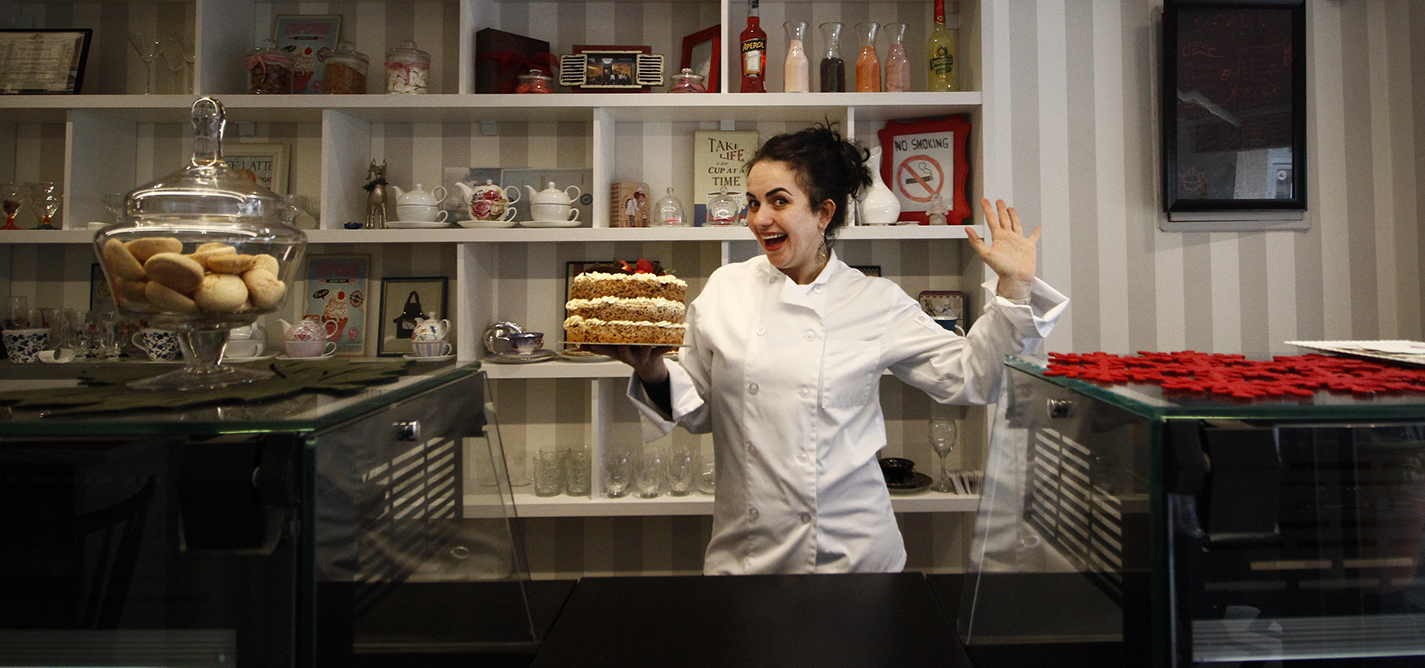
Kosovo’s women in business
Opportunities and barriers for Kosovo’s women entrepreneurs.
|17.04.2019
|
“We don’t know any women who own businesses, only men. So we don’t know who to turn to for advice.”
“I share the room I work in with my son. He sleeps there, while I work in the mini studio that I created in the corner of the room.” Granita Grezda, Dhè
They feel that it is better to sell in the market than to have a long term contract with a company that is owned by a woman.”
Fahrije Hoti, Kooperativa Krusha
Xhorxhina Bami
Xhorxhina Bami is a senior at RIT Kosovo (A.U.K) double majoring in public policy and economics with a minor in international relations. She has also finished a semester abroad via Erasmus+ at the HAMK University of Applied Sciences, Finland. Currently she is a participant in the Professional Journalism Shadowing Program at K2.0 in the human rights department, a field she wants to pursue in the future.
This story was originally written in Albanian.